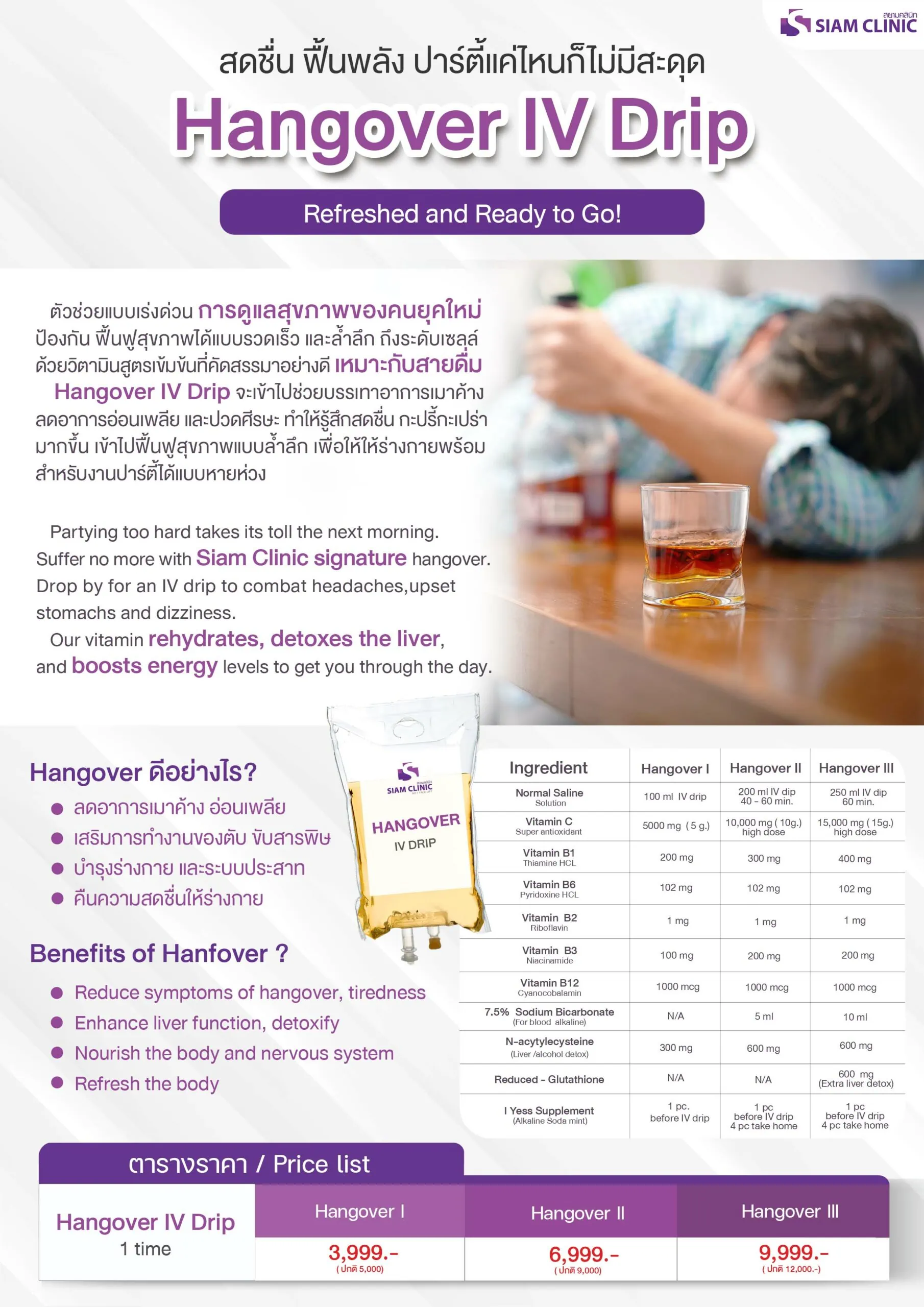Alcohol is a staple in many social events, from weddings to parties and even casual gatherings with friends. While it may be a way to let loose and have a good time, it also comes with a price. The morning after a night of drinking often brings with it the infamous hangover. When we drink alcohol, it is absorbed into the bloodstream and travels to the brain. Here, it acts as a depressant, slowing down the central nervous system and causing feelings of relaxation and, in some cases, impaired judgment. Alcohol also has a dehydrating effect, which is why we often feel thirsty after drinking.

The Science of Alcohol
- Alcohol, chemically known as ethanol, is a colorless, volatile liquid that is produced by the fermentation of sugar.
- When we drink alcohol, it is absorbed into the bloodstream and travels to the brain where it acts as a depressant and has a dehydrating effect.
- The liver processes the alcohol in the bloodstream, breaking it down into acetaldehyde, which is toxic.
- The liver then breaks down acetaldehyde into acetic acid, which is harmless and can be easily eliminated from the body.
The Causes of a Hangover
- Dehydration: Alcohol is a diuretic, meaning that it increases the production of urine and causes fluid loss, leading to dehydration.
- Congeners: Congeners are impurities produced during the fermentation process that contribute to the flavor and color of alcoholic beverages. Some congeners, such as methanol, are toxic and can contribute to hangover symptoms.
- Low blood sugar: Alcohol can cause a drop in blood sugar levels, leading to fatigue, dizziness, and irritability.
The Symptoms of a Hangover
- Headache: Dehydration and changes in blood pressure can cause headaches.
- Fatigue: Alcohol can interfere with the quality of sleep and leave you feeling tired the next day.
- Nausea: Alcohol irritates the lining of the stomach, leading to nausea and vomiting.
- Irritability: Changes in blood sugar levels and the toxic effects of acetaldehyde can contribute to irritability.
- Light sensitivity: The headache and sensitivity to light are likely related to inflammation and the release of histamine in response to alcohol.
What is an IV Drip?
- An IV drip is a procedure where fluids, vitamins, and other nutrients are delivered directly into the bloodstream via a vein.
- IV drips can be used for a variety of purposes, including rehydration, replenishing electrolytes, and treating illnesses and hangovers.
How does an IV Drip help with Hangover?
- Rehydration: One of the main causes of a hangover is dehydration, and an IV drip can help to quickly rehydrate the body.
- Electrolyte replenishment: Alcohol can disrupt the balance of electrolytes in the body, leading to headaches, fatigue, and other symptoms. An IV drip can help to replenish electrolytes and alleviate these symptoms.
- Toxins: Alcohol can release toxins into the bloodstream, leading to a variety of symptoms. An IV drip can help to flush these toxins out of the body.
What are the Benefits of an IV Drip for Hangover?
- Quick relief: IV drips can deliver fluids and nutrients directly into the bloodstream, providing quick relief from hangover symptoms.
- Customizable: IV drips can be customized to address specific symptoms and needs, such as headaches, fatigue, and nausea.
- Convenient: IV drips can be performed in a clinic or mobile setting, making it a convenient option for those who need hangover relief.
ติดต่อสยามคลินิกภูเก็ต
- ติดต่อเราได้ที่ สยามคลินิก ชั้น 1 ห้าง บิ๊กซี ภูเก็ต
- แผนที่ : https://g.page/SiamClinicPhuket
- โทรศัพท์ : 088-488-6718 และ 093-692-5999
- Email : [email protected]
- Facebook inbox : https://m.me/siamclinicthailand
- Instagram : https://www.instagram.com/siamclinic
- Line@ : @siamclinic หรือแอด https://lin.ee/uny1D7n



